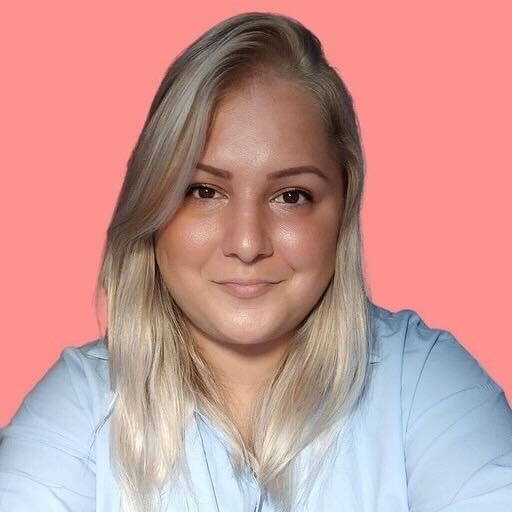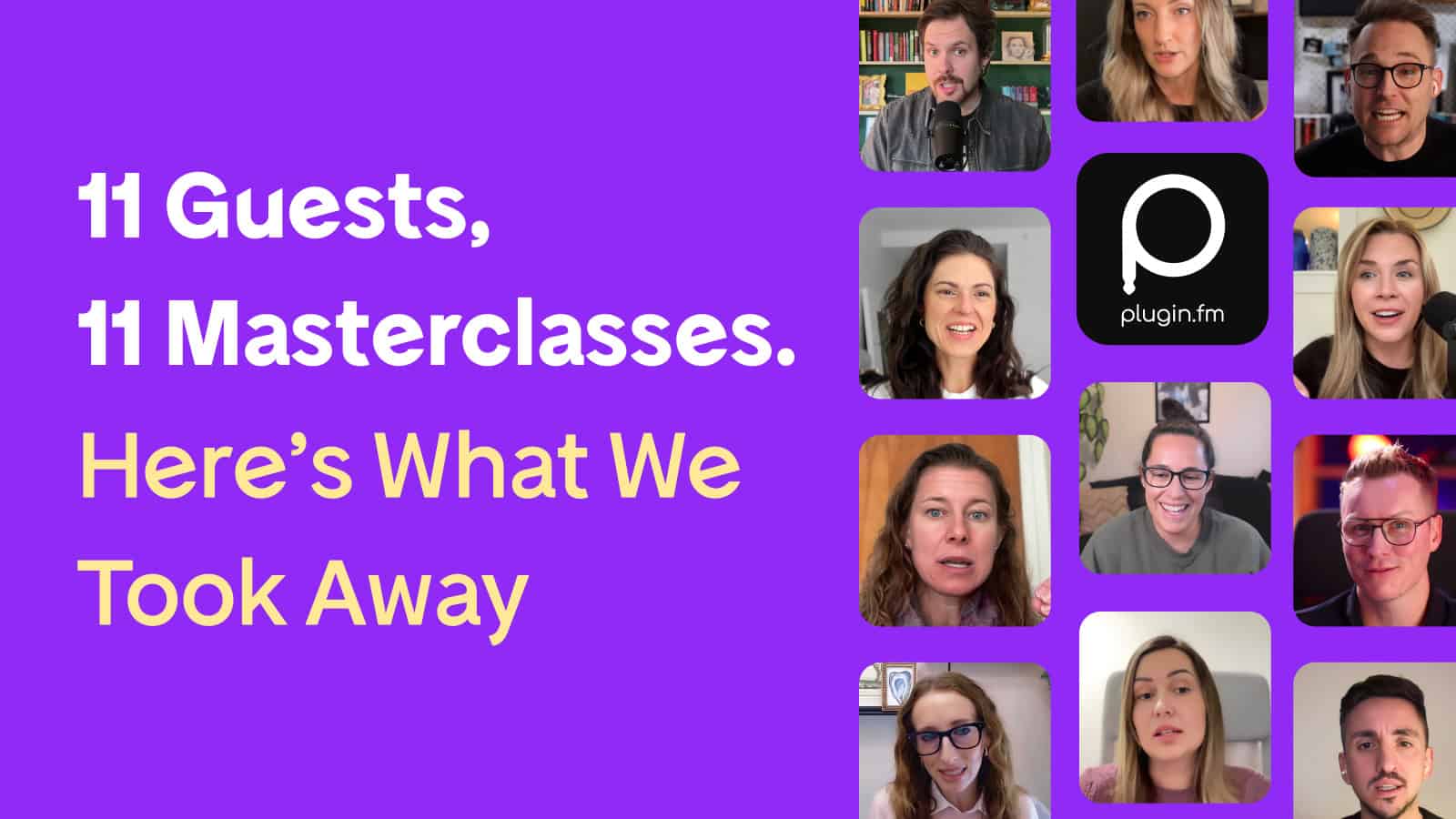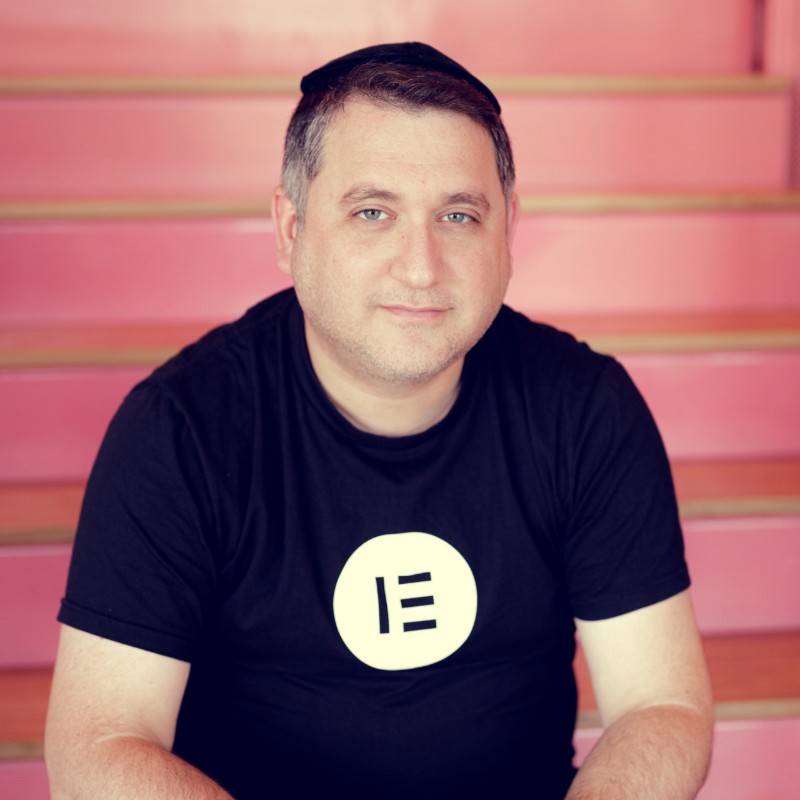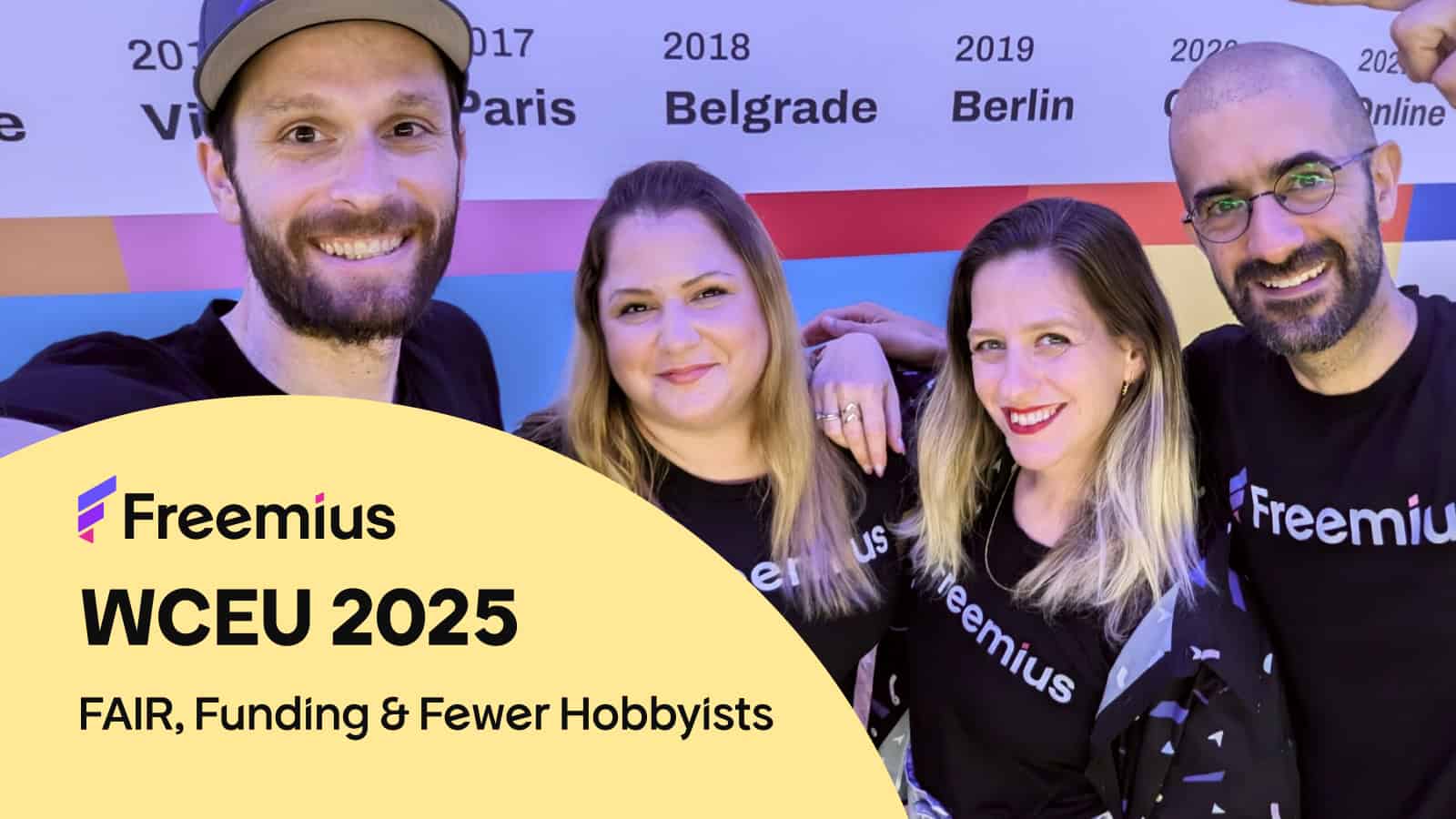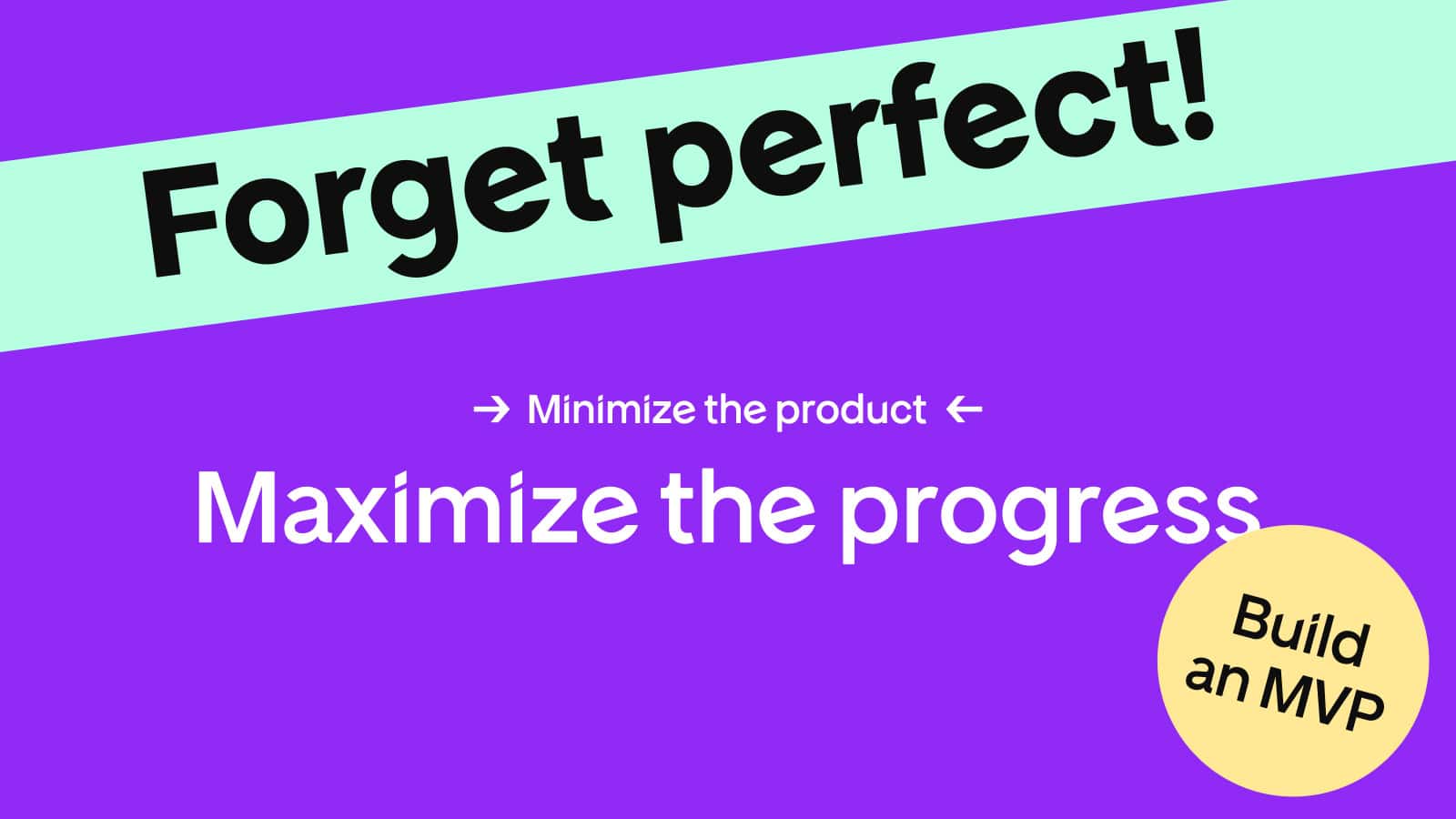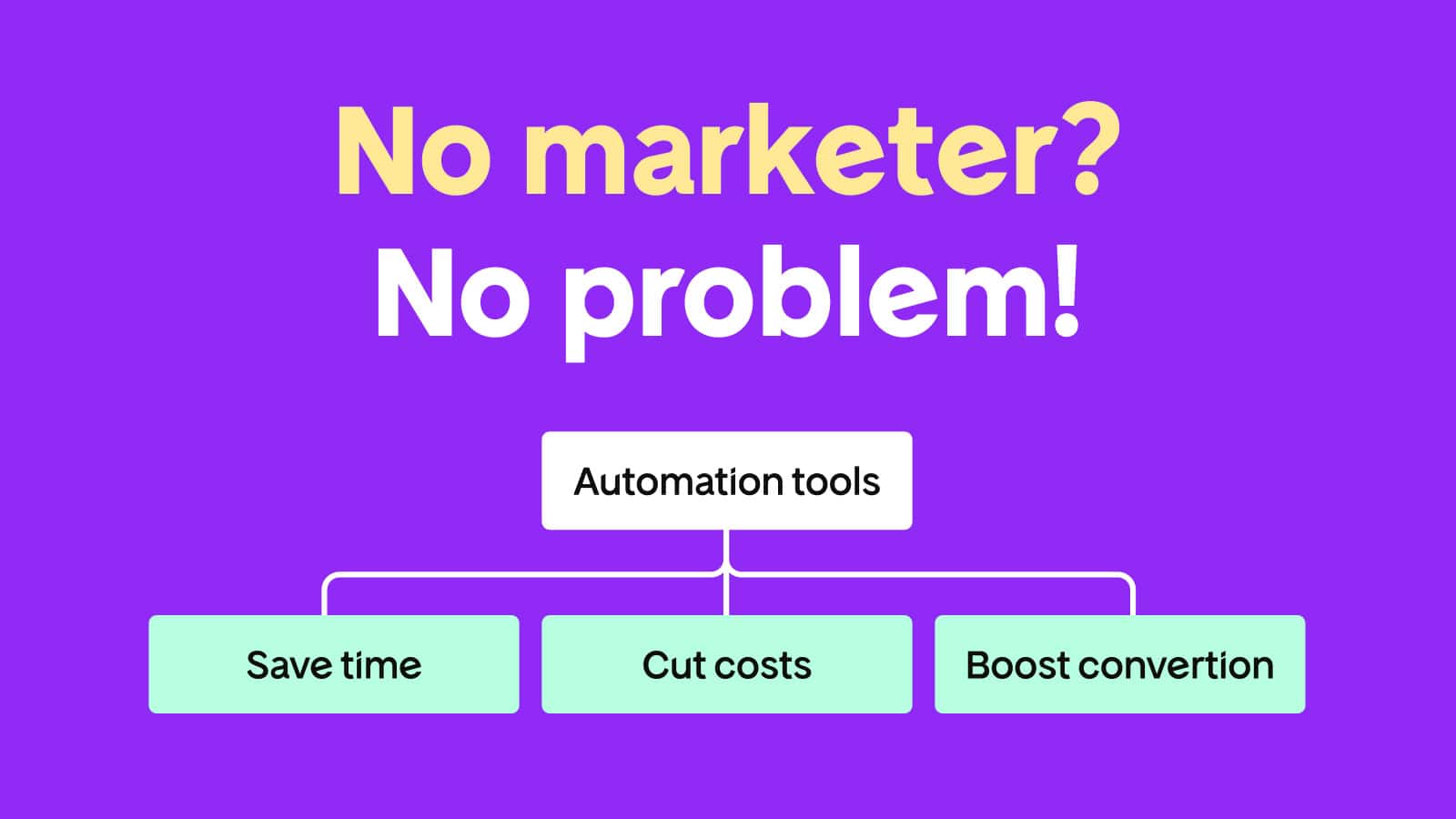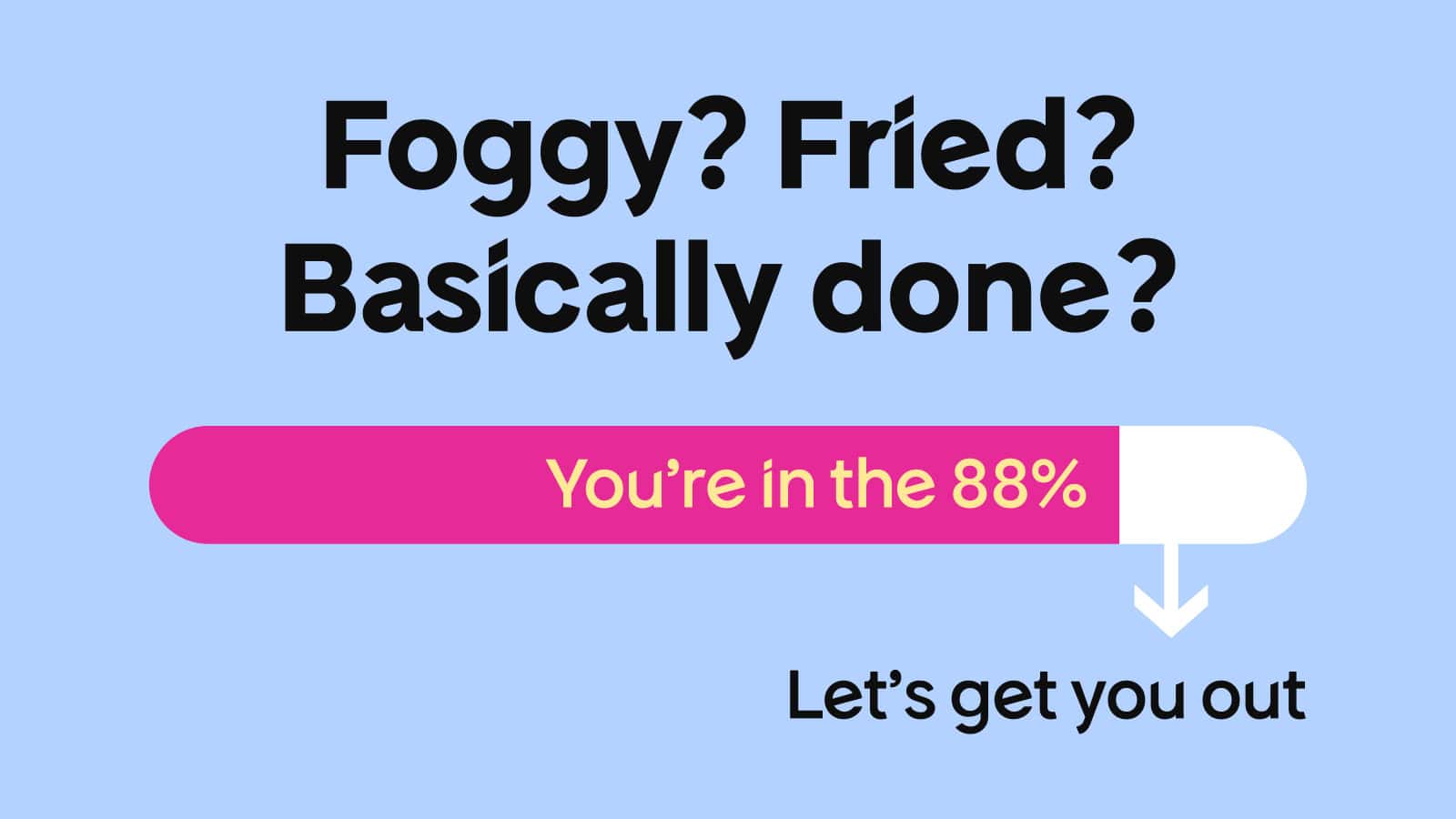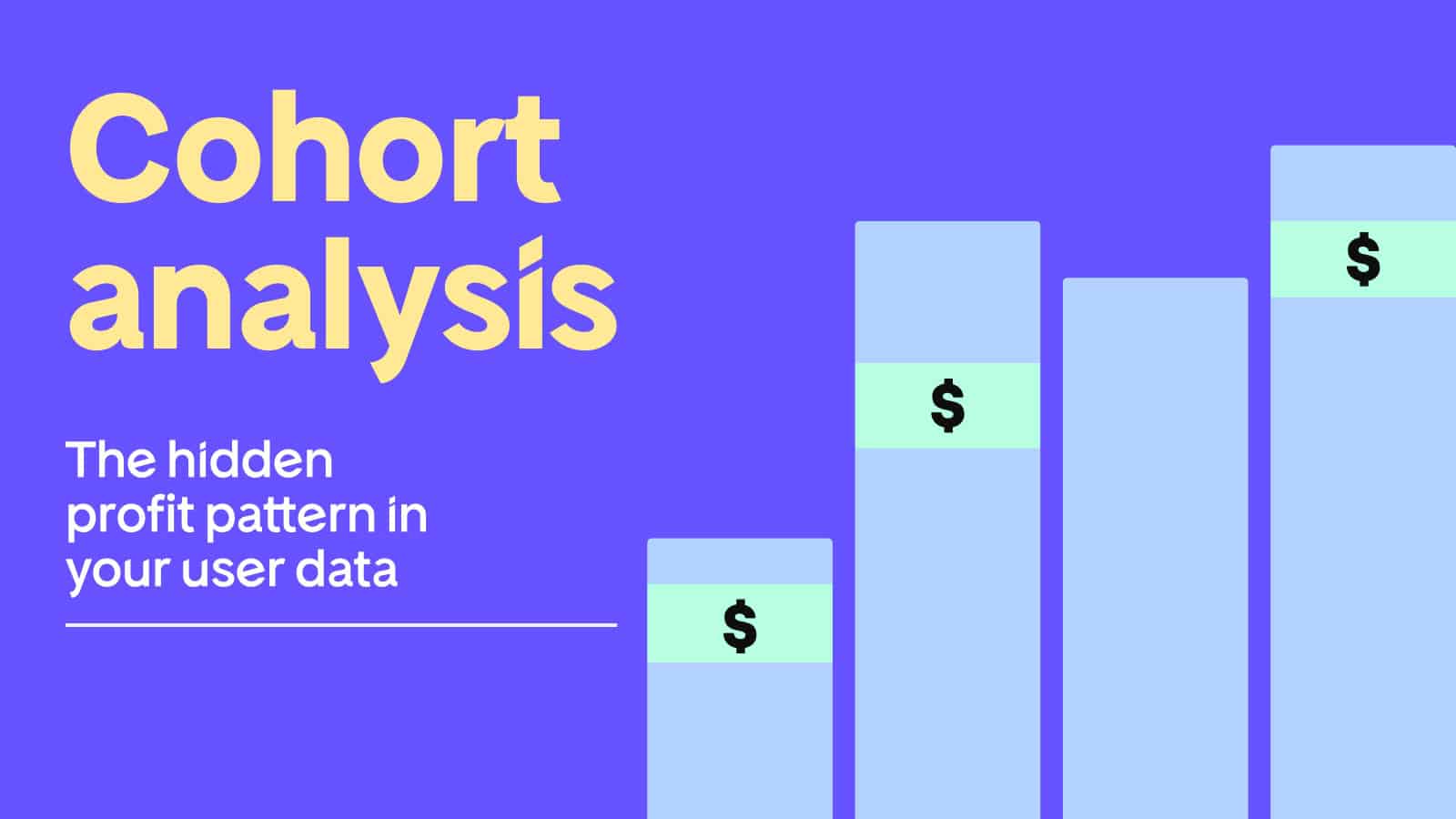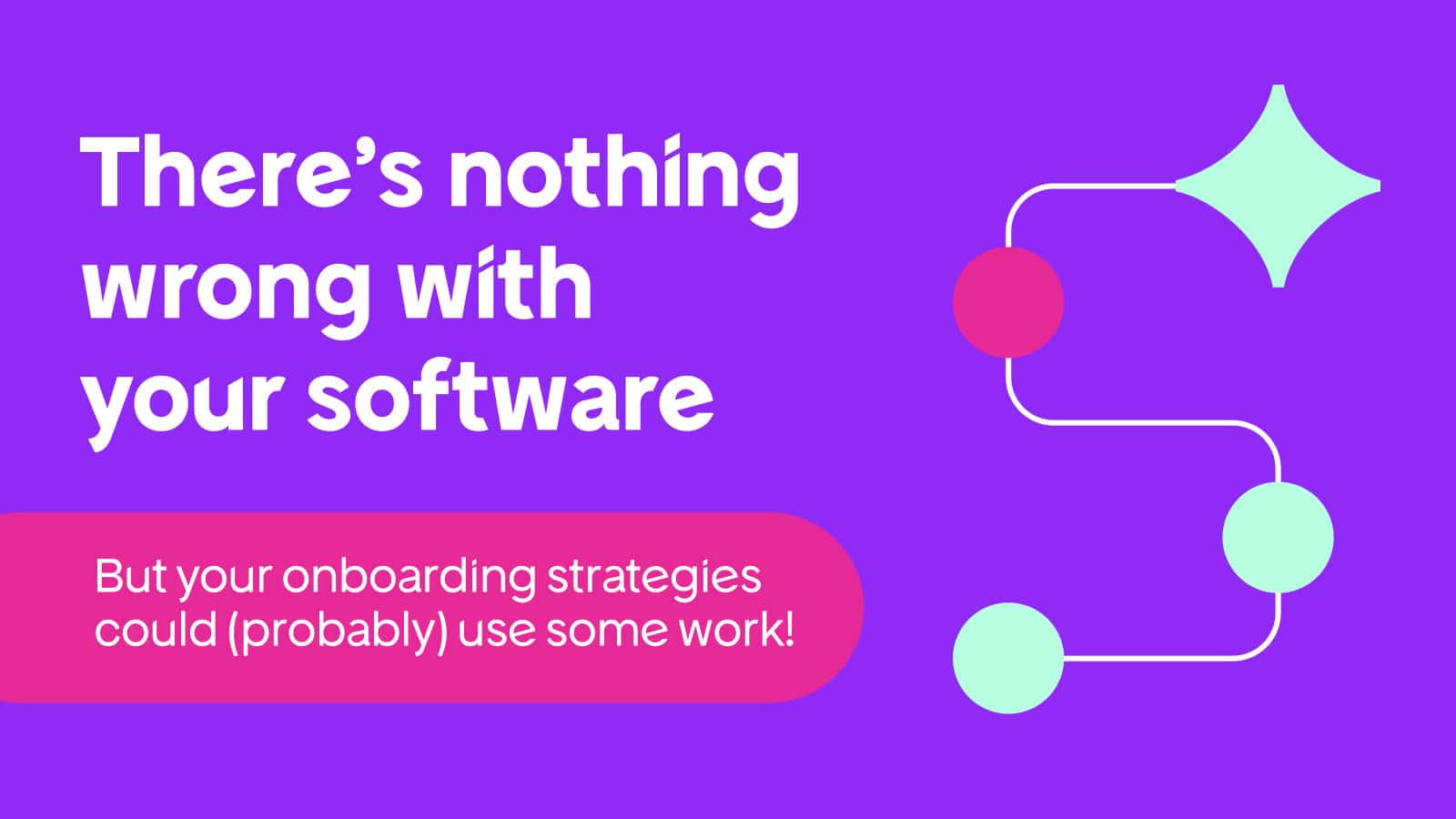|
|
Season 3 of plugin.fm just wrapped, and this one felt different.
Instead of jumping from topic to topic, we spent the entire season focused on one challenge most software makers struggle with: marketing. Not growth-hacking. Not vanity metrics. Just the basics — how to help people understand what you’ve built, why it matters, and why they should care.
We brought on 11 guests who’ve actually done it. Founders, marketers, operators. Folks who know what it’s like to ship something and then figure out how to explain it without sounding like a cliché. Every episode was its own deep dive, packed with useful information that you can apply to your business to make your marketing better.
“Most software makers aren’t trying to become marketers,” says Goran Mirkovic, CMO at Freemius and co-host of plugin.fm.
“They just want to grow their thing without sounding cringey or doing stuff that doesn’t waste their time or feel like them. This season was our attempt to meet them halfway — to show that good marketing is mostly just clear thinking, honest writing, and figuring out how to make your product easier to understand.”
These guys have been nailing the topics this season, great work! https://t.co/xtu0Lu3D56
— Derek Ashauer (@DerekAshauer) June 18, 2025
Marketing Isn’t Optional, and It Doesn’t Have to Be Gross
One thing became clear by the end of the season: even the best products don’t speak for themselves.
You can’t just ship something great and expect people to stumble across it. You have to help them get it: what it is, why it matters, how it fits into their lives. And that kind of clarity doesn’t happen on its own. It comes from doing the kind of work many indie founders try to avoid: writing, positioning, communicating.
And we get it. Marketing feels weird for a reason.
If you’re used to solving problems with code, sitting down to name features and figuring out how to sell online through articles, social copy, or videos can feel like a different language. It’s vulnerable. It’s unfamiliar. And it’s easy to fall into the trap of thinking it’s all fluff, manipulation, or wasted effort.
“Most of our listeners didn’t start building software so they could write landing page copy,” says Goran. “But if you don’t figure out how to talk about your product, someone else who’s building a similar thing will — and they’ll probably be louder.”
That’s really what this season was about. Helping software makers move past the awkwardness and see that good marketing isn’t about being flashy or pushy. It’s about being understood. It’s about learning how to tell the story of your product in a way that makes sense to someone who doesn’t live inside your codebase.
We wanted each episode to peel back a bit of that discomfort. To show that marketing isn’t this mysterious thing “other people” do. It’s something you can do — by being thoughtful, intentional, and honest about the thing you’ve built.
11 Guests, 11 Masterclasses. Here’s What We Took Away
1. You Can’t Be Vague and Expect Results
In the opening episode, Goran laid it out plainly: if your homepage says you “save time” or “boost productivity,” you’re already getting lost in the crowd.
“Specificity is what builds trust,” he said. “If you can’t clearly say who your product is for and how it helps them, you haven’t done the hard work yet.”
Takeaway: Generic copy is easy to write. But it rarely lands. The founders who break through are the ones who get uncomfortably specific — about the problem they solve, who it’s for, and why it’s better.
2. Don’t rush your first marketing hire
With Lindsay Tjepkema, we unpacked the messy decision of when and who to hire when you finally admit you can’t do marketing alone.
Takeaway: Most founders hire too fast or for the wrong role. Before you bring someone in, define what kind of marketer you need. Is it strategy? Execution? Content? Paid? It’s almost never “all of the above.”
3. Fractional help is not a compromise
Margaret Kelsey made the case for bringing in part-time senior talent to help set strategy or fill skill gaps — especially for small teams.
Takeaway: You don’t need a full-time CMO to build a solid foundation. Sometimes a few hours a week from someone experienced is more valuable than hiring a junior full-time.
“This episode hit home for a lot of small teams. It gave them permission to stop waiting until they could afford a ‘real’ hire,” said Goran.
4. You don’t need a big team to build credibility
Devin Bramhall talked about building authority as a solo founder. Not by gaming algorithms, but by being consistent, useful, and real.
Takeaway: You don’t need to post daily on LinkedIn or publish 100 blog posts. Pick one format, one channel, and one audience — and commit to it.
5. Personal platforms are underrated
Erica Schneider shared how she built a loyal audience by being honest, clear, and a little opinionated. She also helped us separate “building a brand” from “having something to say.”
Takeaway: Being visible online is not about self-promotion. It’s about helping the right people find you, trust you, and stay with you.
“I think a lot of devs avoid social because it feels like bragging. Erica showed how to do it in a way that feels like showing up to help, not perform,” Goran noted.
6. Lifecycle marketing isn’t advanced — it’s basic
Ashley Faus showed that most SaaS companies focus too much on acquisition. But the real growth happens after someone signs up.
Takeaway: Don’t just think in terms of top of funnel. Ask yourself what your user needs at every stage: signup, onboarding, activation, retention. Then build simple systems that support them.
7. You can scale content without burning out
Tamara Omerovic shared how she helped Databox grow a user-generated content program with over 13,000 contributors — without a big team.
Takeaway: You don’t have to write everything yourself. Set up systems that let others contribute, especially your users and customers. Focus on curation and quality, not quantity.
8. Good content shows, not tells
Tom Whatley walked us through product-led content. That means using your product to solve real problems inside the content itself.
Takeaway: A good tutorial is better than any pitch. Content is not separate from your product — it should reflect how it actually works and helps people.
“Tom gave a roadmap for content that’s both useful and conversion-friendly. No fluff, no filler, just helping people make progress,” Goran said.
9. Developers don’t want to be marketed to (at least not in a standard way)
Meg Scarborough explained why devs are especially skeptical of marketing — and how to speak their language without trying too hard.
Takeaway: Focus on clarity, proof, and functionality. Avoid hype. Respect their time. Your docs and your product are your best marketing assets.
10. Influencer partnerships only work when they’re real
Ferdy Korpershoek helped us see what effective influencer marketing looks like from the creator’s side. Hint: it’s not about control. It’s about trust.
Takeaway: If you want creators to promote your product, make it worth using. Let them tell the story in their own way. And think of it as a partnership, not a transaction.
11. Video builds trust faster than text
Aaron Francis showed how screencasting helped him build a developer audience. He made a simple point: people connect with faces, not faceless brands.
Takeaway: You don’t need a full studio. Just hit record, show your product, and speak like a human. It’s the fastest way to build a relationship online.
“This episode convinced a bunch of people to finally start making videos,” Goran shared. “You could feel how practical it was.”
This Season Gave Us Something Real to Work With
What made this season special wasn’t just the quality of the guests — it was how grounded every conversation felt. No posturing. No recycled playbooks. Just smart people being honest about what works, what doesn’t, and what they wish they knew sooner.
These weren’t abstract ideas. They were lessons you can actually act on. Like rewriting your homepage to sound more like you and less like a template. Or rethinking how you welcome new users after they sign up. Or finally publishing that post you’ve been sitting on because you thought it had to be perfect.
We heard from a lot of listeners who took something from a single episode and used it to make real progress. Not months later — right away. That’s the kind of impact we were aiming for.
“The goal was never to impress people,” Goran said. “It was to help someone, somewhere, finally get unstuck. Even if it was just one line from one episode that helped you move forward — that’s a win.”
For us, that’s the difference between content that fills space and content that actually moves the needle.
What’s Next: A New Theme, Same Depth
Season 4 is already in motion.
We’re sticking with the same format — one theme, explored from multiple angles. It’s the structure that lets us go deeper instead of just scratching the surface. It also gives listeners something they can carry with them: not just information, but perspective, strategy, and clarity.
We’re holding off on revealing the next theme — but here’s a hint: it’s the moment when your side project becomes real. Every software maker hits it. Most aren’t ready. And how you handle it can define your business for years.”
“We want plugin.fm to be something you come back to when you’re in the thick of it,” Goran said. “Not just for ideas, but for a clearer path forward. Something that gives you a better plan than the one you had before you hit play.”
If Season 3 helped you communicate your product better, Season 4 will help you build smarter from the inside out.
